What would become of technology being humanistic once again? With the advent of Industry 5.0, all the attention moves off the automation and to a collaboration between human and intelligent machines. Human Resources (HR) is at the center of the change in this transformation- the center between the innovation and empathy.
Understanding Industry 5.0
Industry 5.0 has more than only smart factories or robots. It is human- robot cooperation, sustainability, individualism, and harmony of technology and the humanity. In contrast to Industry 4.0, which was aimed at automation and efficiency, Industry 5.0 draws attention to the role played by people in the process of innovation.
Now, HR has to reconsider the way companies develop talent and embrace AI, as well as create working environments that would appreciate both imagination and emotions.
Building a Future-Ready Workforce
Preparing for Industry 5.0 means creating a workforce that is adaptable, tech-aware, and emotionally intelligent. The HR function must design strategies that focus on:
● Reskilling and Upskilling: Employees need training in emerging technologies like AI, robotics, and data analytics. HR should encourage continuous learning to bridge skill gaps.
● Digital Literacy Programs: Tech competency should be promoted across all departments to reduce resistance and increase adaptability.
● Human-Centric Leadership: Managers should be trained to blend emotional intelligence with digital fluency.
The future workplace will be hybrid—not just in terms of remote work, but in the way humans and machines complement each other. HR must ensure that this relationship remains efficient yet humane.
Redefining Employee Experience
With automation taking over repetitive tasks, employees will focus on creativity, problem-solving, and innovation. HR must redesign the employee experience to align with Industry 5.0 values. Creating meaningful work environments involves:
● Encouraging flexible and inclusive work models
● Prioritizing mental health and well-being
● Recognizing contributions that blend human and digital strengths
Employee engagement will depend not just on salaries or perks, but on how empowered individuals feel within technology-driven ecosystems.
Integrating Technology with Human Touch
While technology will shape the future, HR ensures that it serves people—not replaces them. AI-driven HR tools can enhance recruitment, training, and performance management. Yet, the emotional connection must remain intact. For instance:
● Using predictive analytics to identify training needs
● Implementing AI chatbots for HR queries while maintaining human support
● Leveraging data insights to improve retention and inclusivity
The challenge lies in using technology ethically and responsibly to strengthen human potential.
HR as the Strategic Driver of Change
As organizations embrace Industry 5.0, HR’s role shifts from administrative to strategic. It becomes a key partner in aligning human values with business goals. HR leaders must foster a culture of lifelong learning, sustainability, and innovation. By promoting ethical AI use, transparent communication, and purpose-driven work, HR ensures that technology and humanity evolve together.
Conclusion
Industry 5.0 is not just the next industrial phase—it’s a mindset. It calls for workplaces that are both high-tech and high-touch. HR stands as the architect of this balance, guiding organizations to stay competitive while keeping people at the core of progress.
.jpeg)
 Industry 5.0 focuses on human-machine collaboration, sustainability, and innovation. HR’s role is to reskill employees, integrate technology ethically, and maintain a people-first culture while driving digital transformation across organizations.
Industry 5.0 focuses on human-machine collaboration, sustainability, and innovation. HR’s role is to reskill employees, integrate technology ethically, and maintain a people-first culture while driving digital transformation across organizations.








.jpeg)
.jpeg)
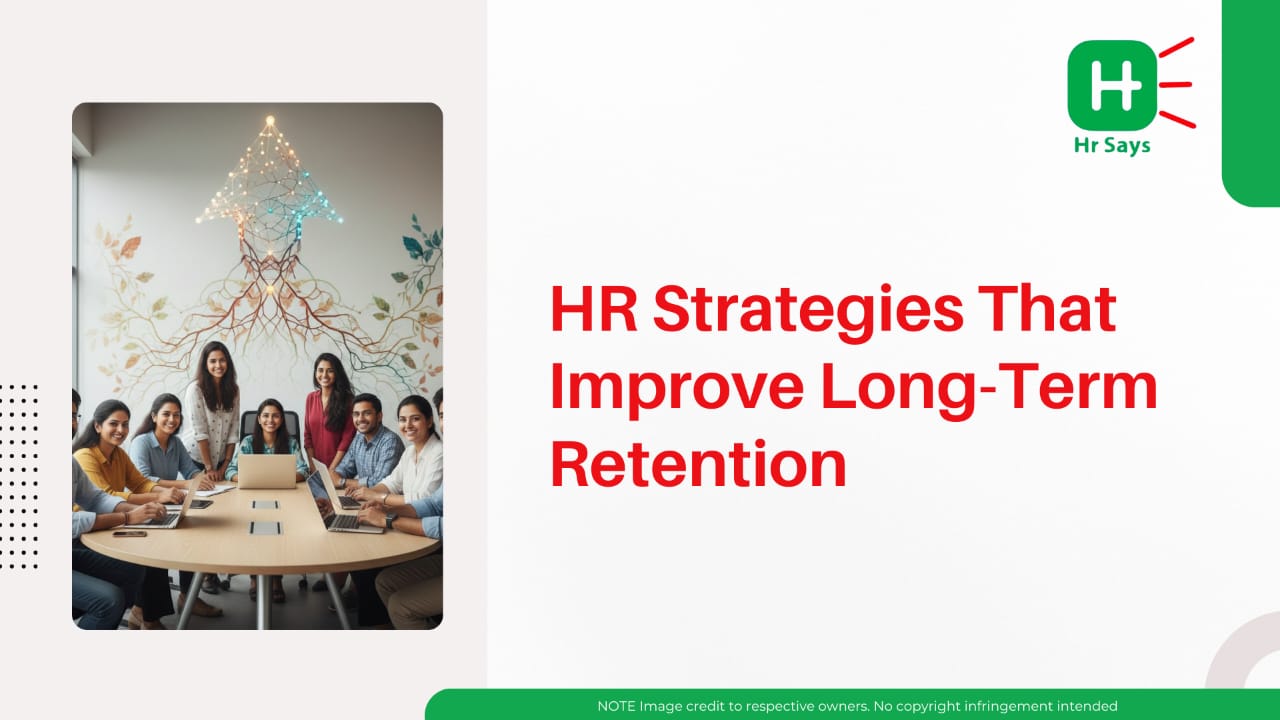
.jpeg)
.jpeg)
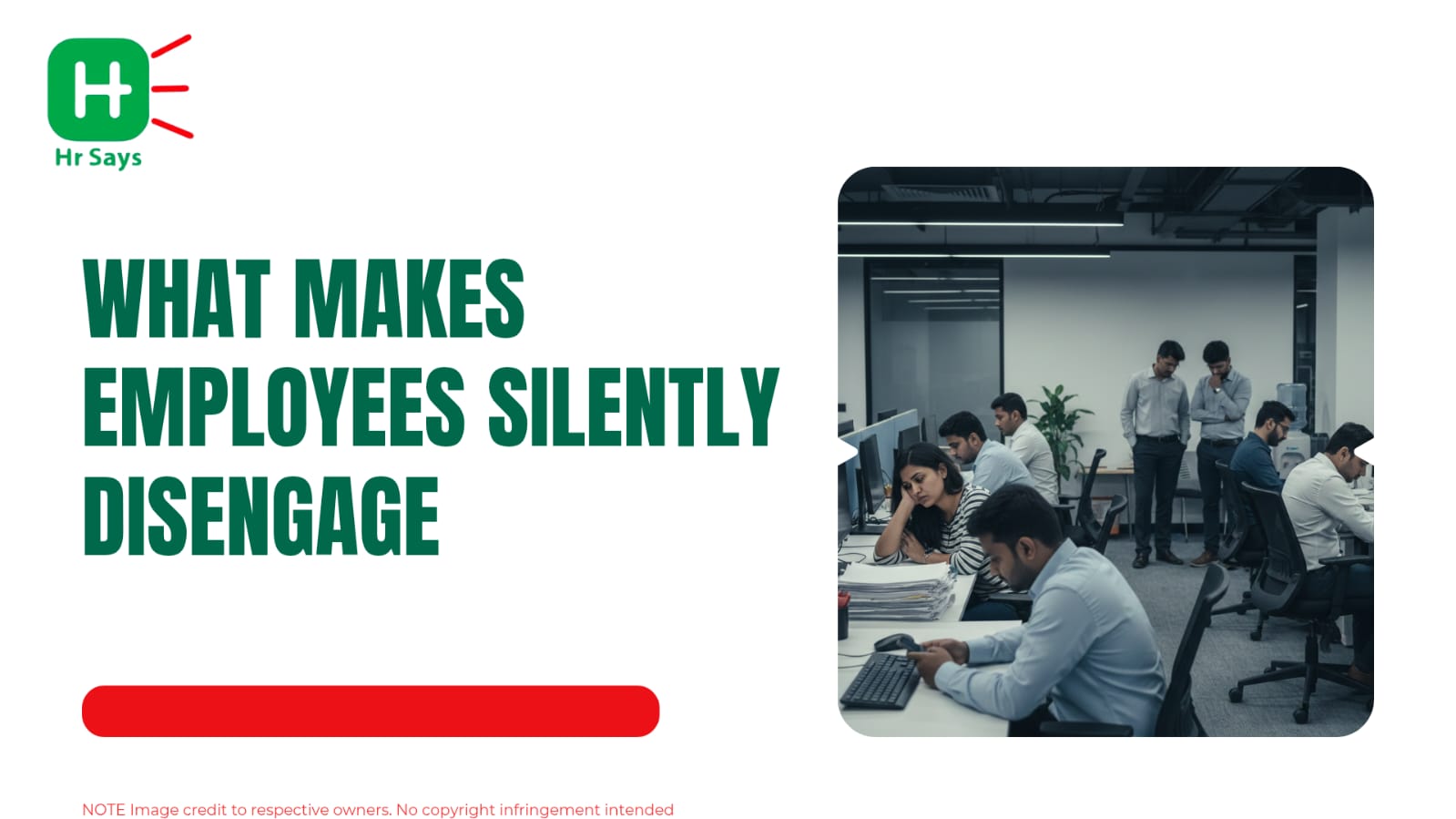
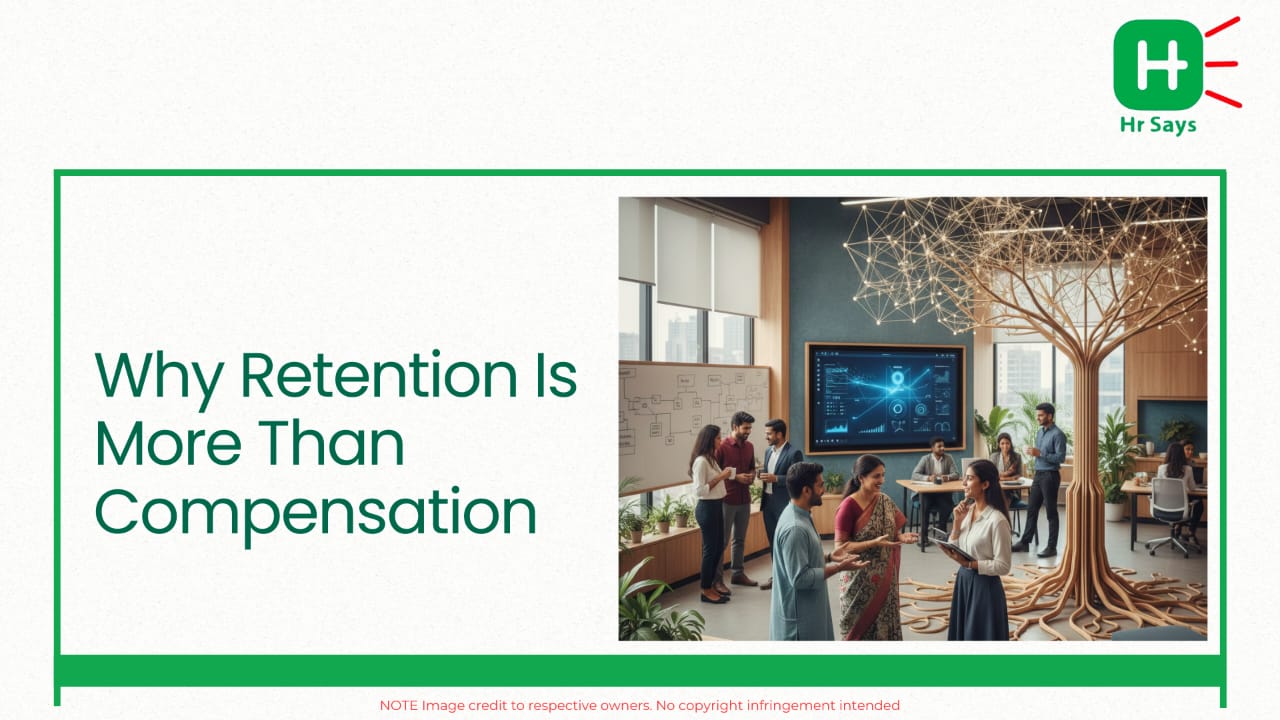
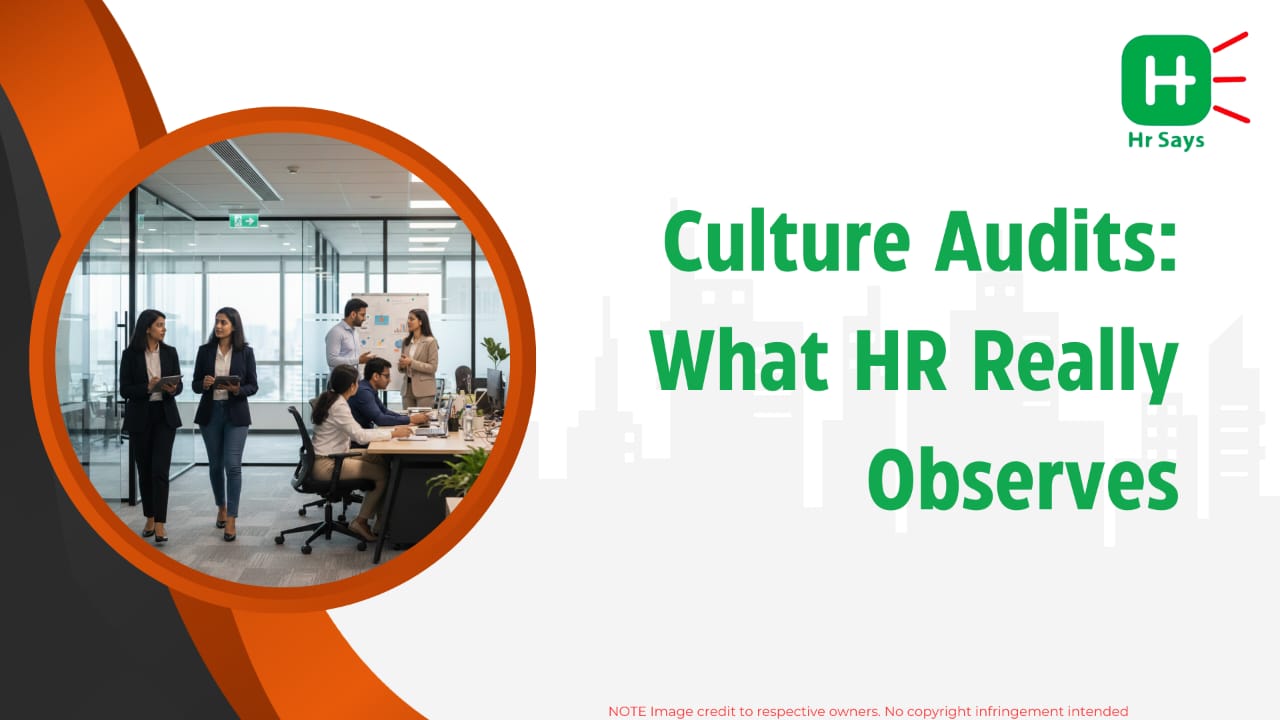
.jpeg)
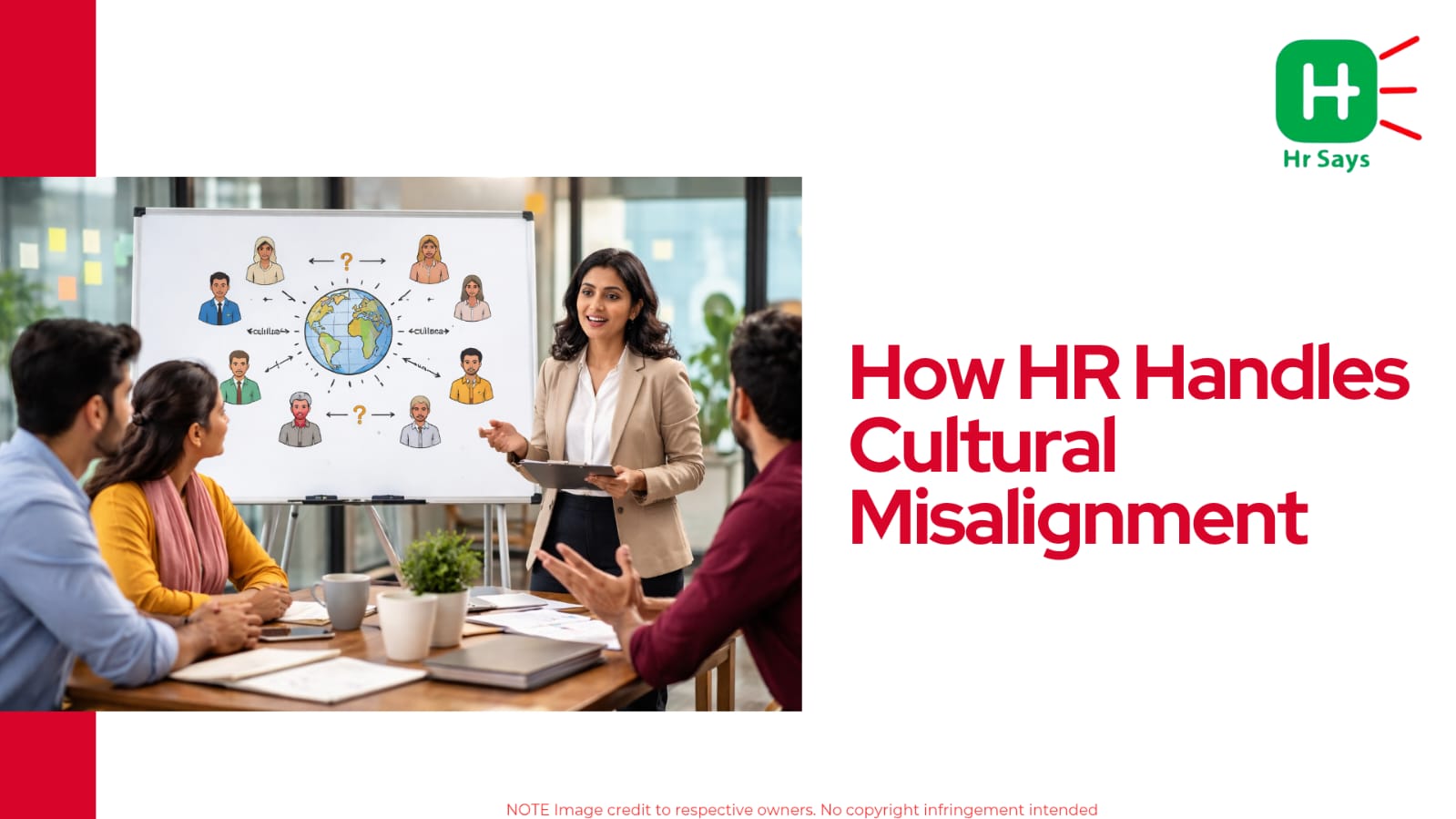
.jpeg)
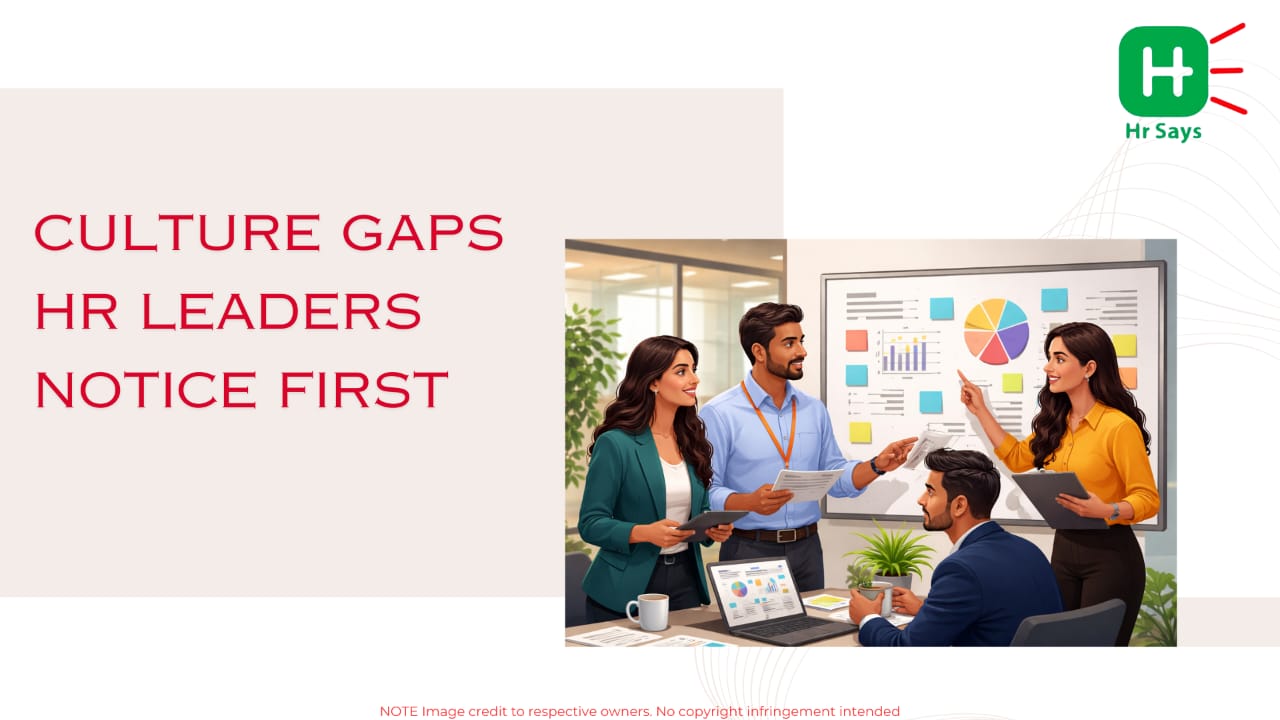
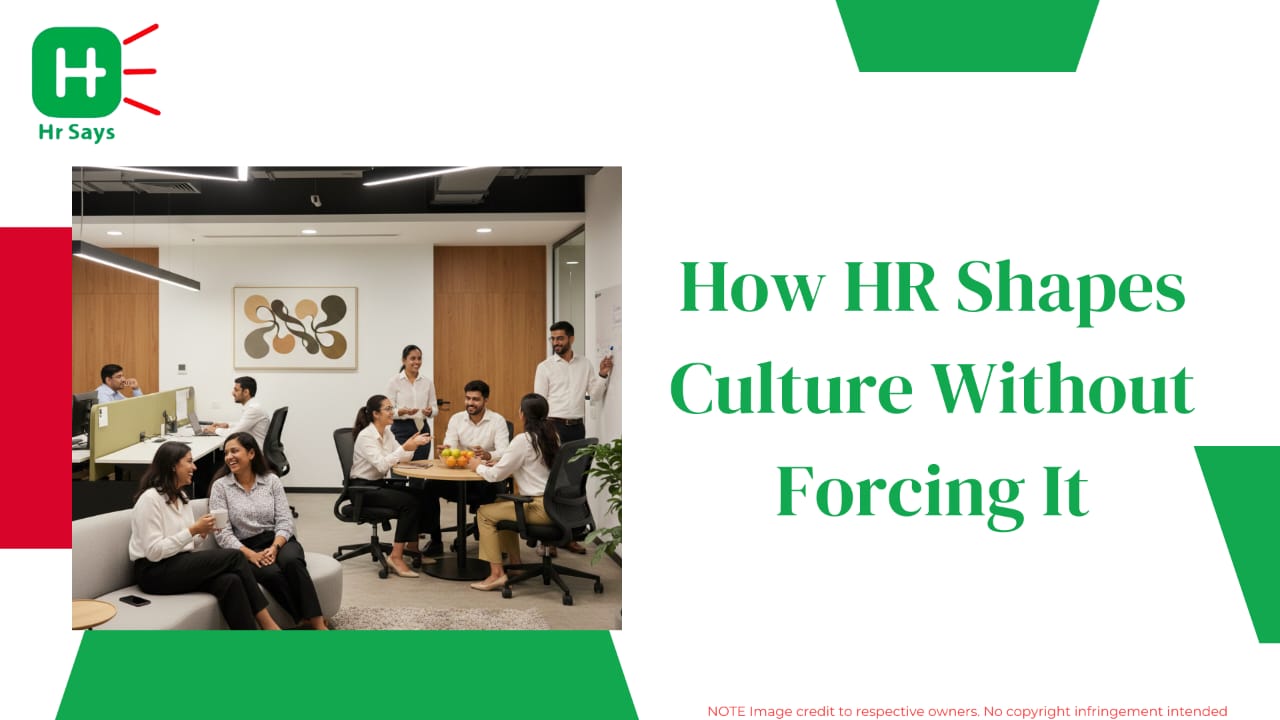
.jpeg)

.jpeg)
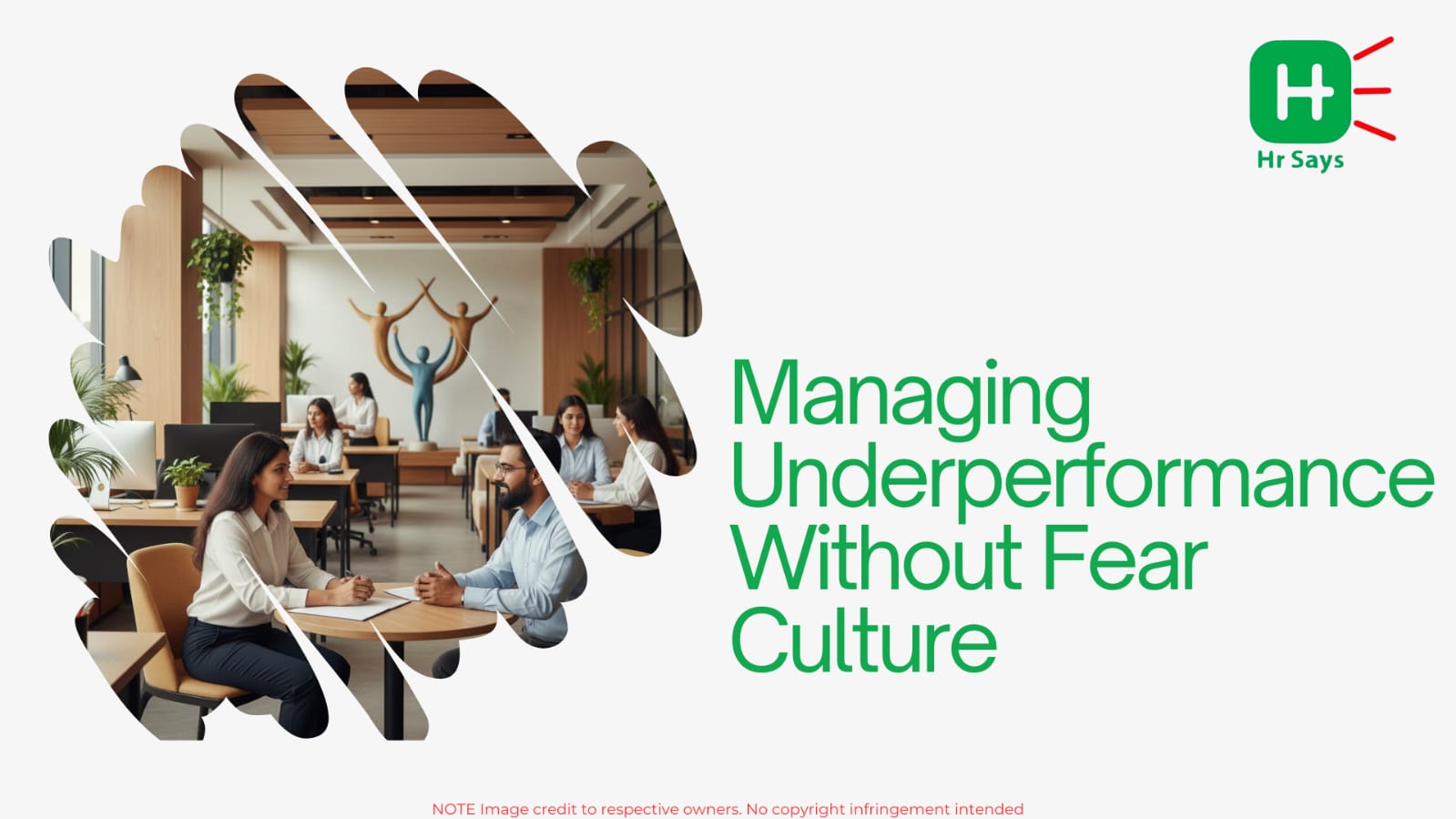
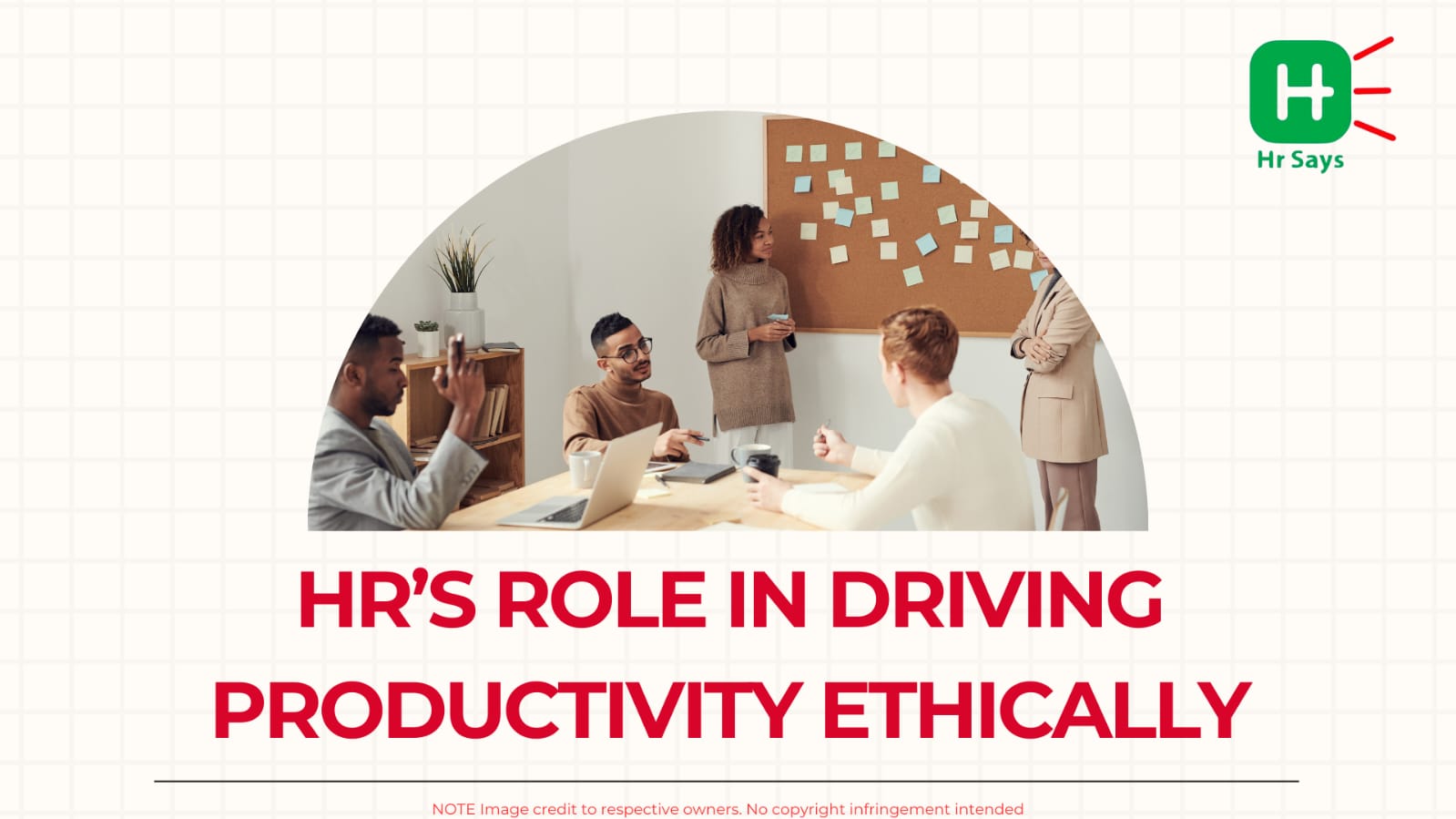
.jpeg)
.jpeg)